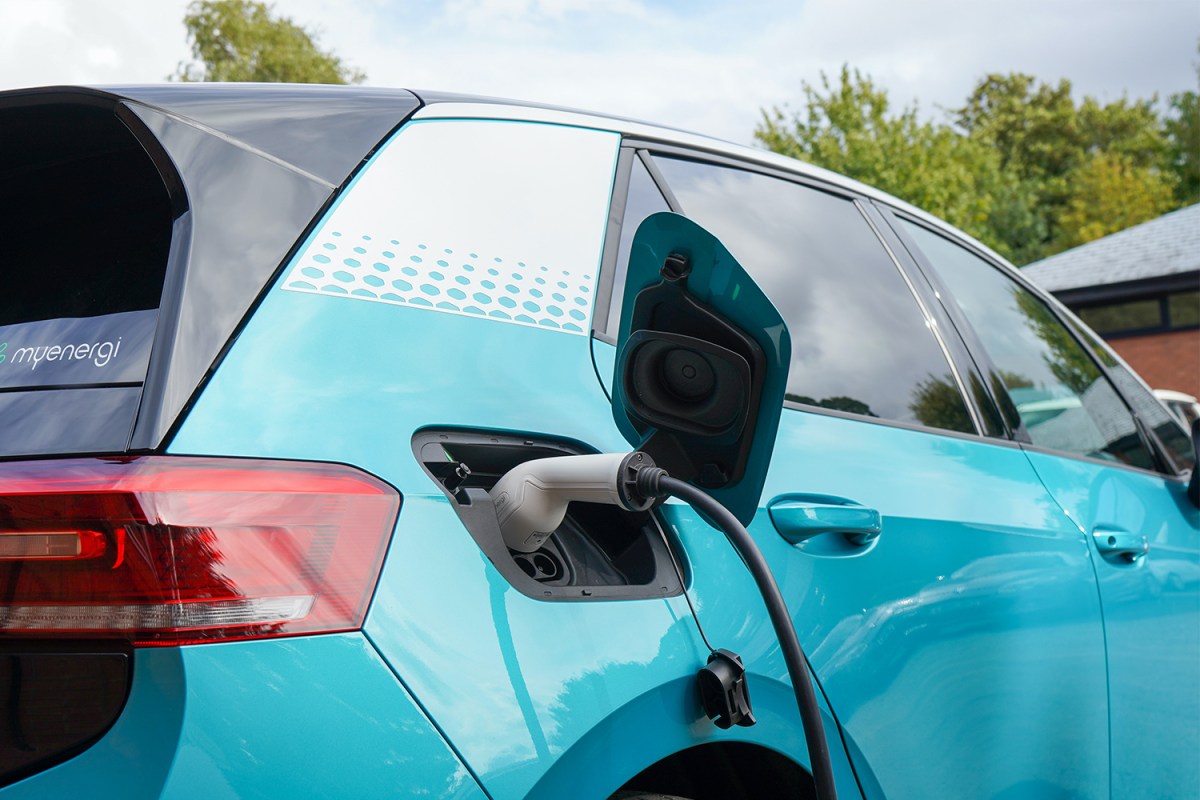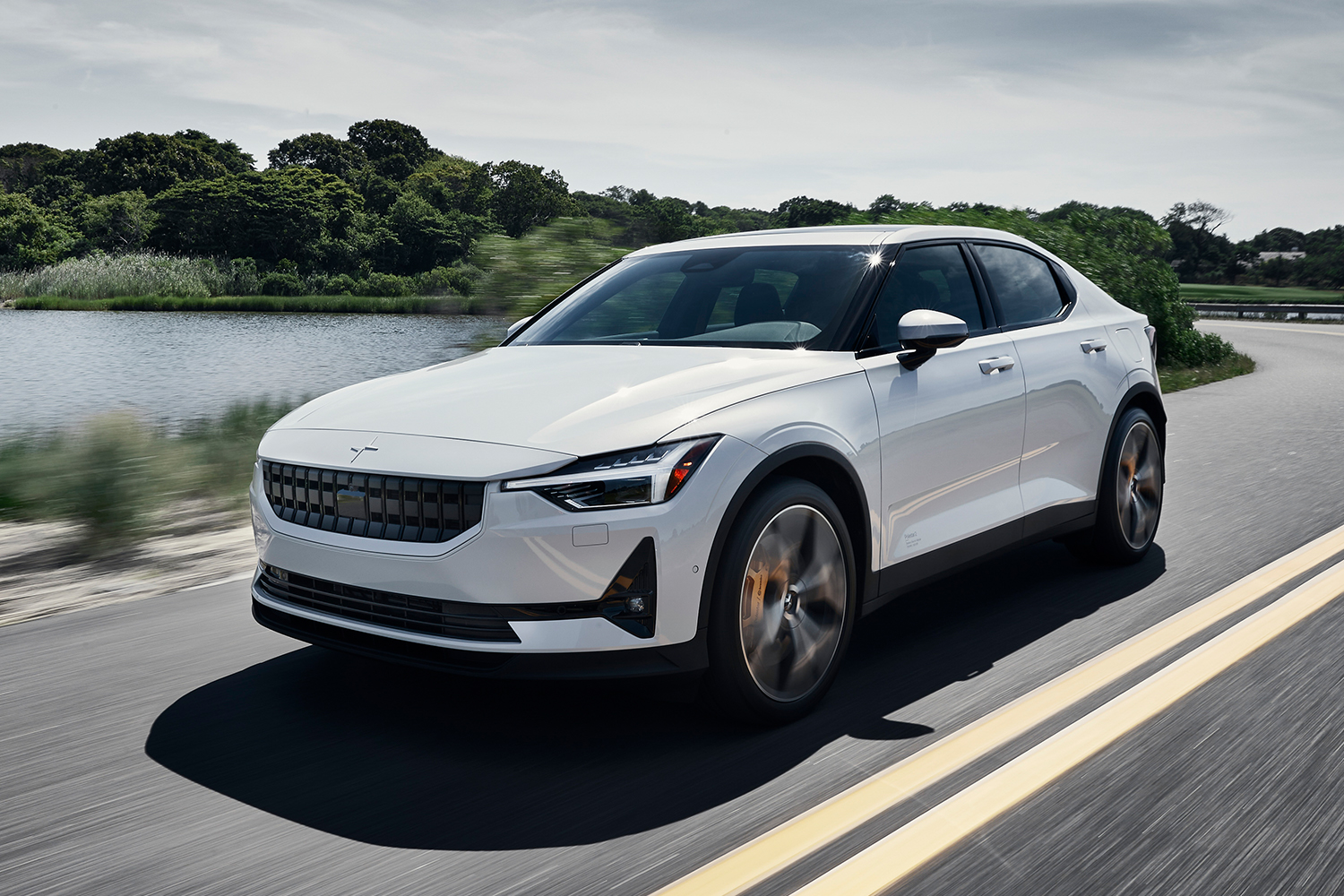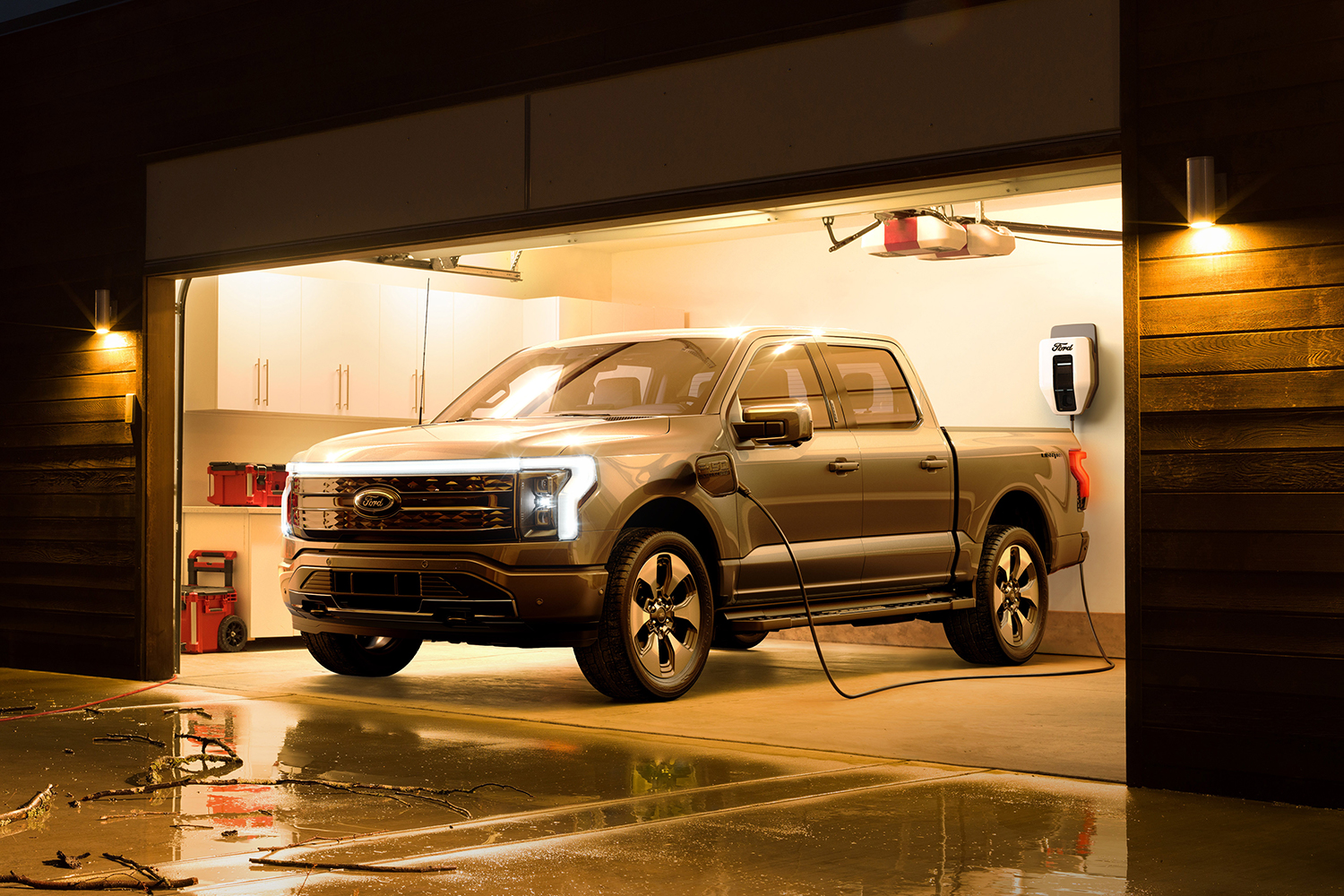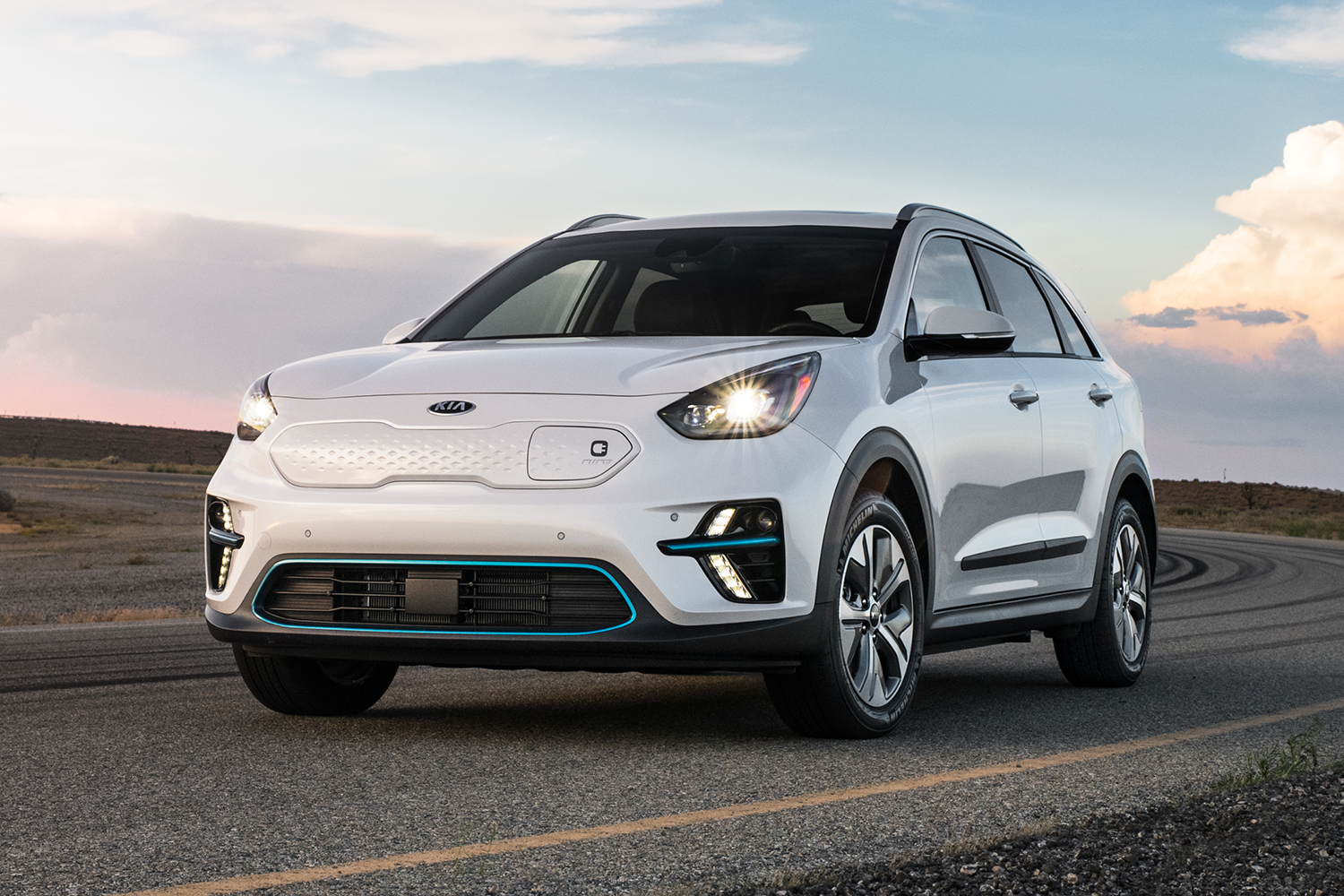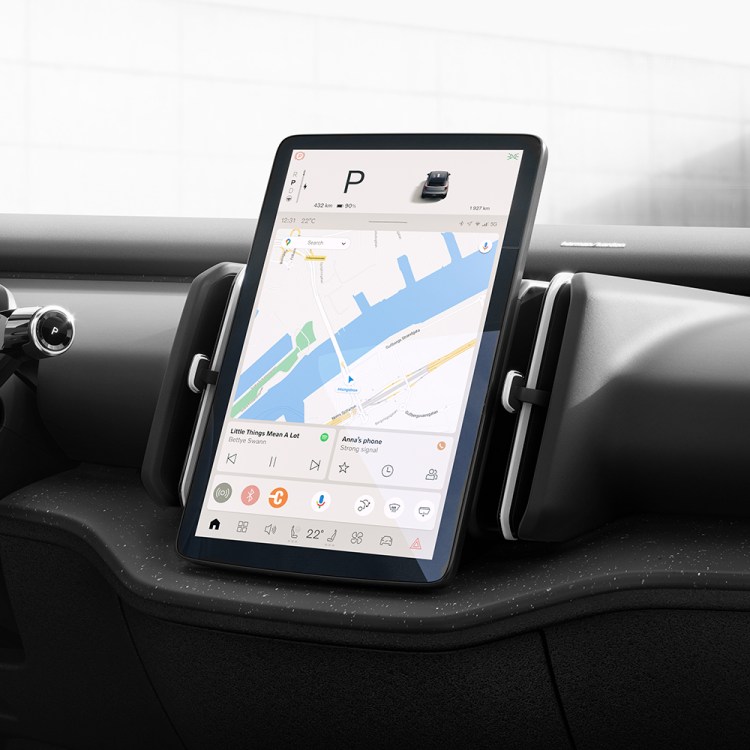The next time you buy a new car, how likely are you to spring for an electric vehicle? That’s one of the most consequential questions Pew Research Center asked as part of a new survey looking at American opinions of EVs.
According to the report, only 39% of U.S. adults are at least somewhat likely to consider an electric car or truck the next time they buy a vehicle, while 46% say they are not likely to leave gas engines behind (the rest said they don’t expect to purchase a vehicle in the future).
The main takeaway from these statistics, as pointed out by outlets like TNW, seems to be the “only 39%” part, as though that shows Americans aren’t sold on the idea of electrified automobiles. Even Pew’s headline says EVs “get mixed reception from American consumers.” And while that is technically true at the moment this survey was taken, if you zoom out and look at the bigger picture, what these statistics show is that Americans are coming around on the technology remarkably fast.
Let’s start with the current state of EV buying in the U.S. In 2020, according to data from IHS Markit, electric vehicle registrations (not including plug-in hybrids) only made up 1.8% of the total light vehicle market in the U.S. — and that was a record high! Their predictions for the future include a rise to 3.5% market share in 2021 and over 10% in 2025. Of course, 39% of Americans saying they’re likely to consider a fully electric car doesn’t mean all those people will follow through with it, but this does seem to show a discrepancy between interest and purchasing, so what’s going on here?
In terms of public opinion, interest in electric vehicles seems to be ramping up quickly. Similar surveys conducted by Consumer Reports and J.D. Power released late last year both showed slightly lower interest in buying EVs than the new Pew study shows.
But there are a few big roadblocks in the way for consumers, notably cost, availability and learning curve. As the Pew study shows, Americans believe EVs cost more than traditional gas cars; while that currently is the case in terms of sticker price, it’s a different story when factoring in the lifetime cost of the vehicle and that fueling a car with electricity is cheaper than gasoline. (Also, EVs will likely soon cost the same upfront.) Even if you want to buy a specific EV, however, they’re not always prioritized on dealer lots because of the low sales numbers. And both of those are part of the larger issue that Americans still have a lot to learn about these newfangled cars before taking the plunge.
Interestingly, what the Pew study also showed is that Americans are more likely to want to buy an EV if they’ve heard a lot about them. Thankfully, it seems most people are quick learners.
Thanks for reading InsideHook. Sign up for our daily newsletter and be in the know.
